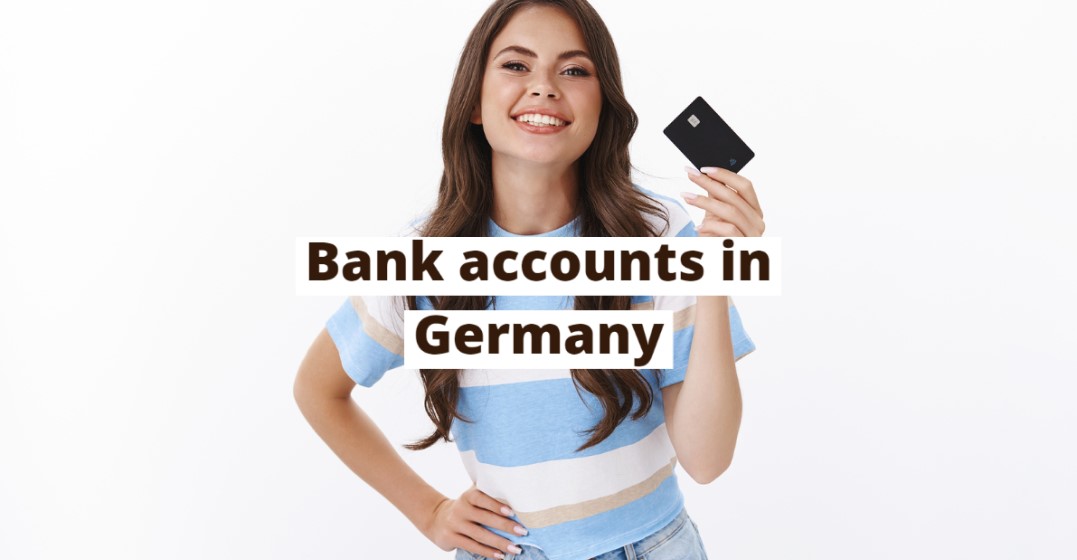The Best Banks in Germany
Published on April 2, 2020 / Updated on January 9, 2024
One of your first tasks when you move to Germany is setting up a bank account. This can be a bit of a headache, as there are lots of forms in German and there are some surprises in store if you’ve never had a bank account in Germany before. Here are some hints and tips to get you through this experience.
To open a bank account in Germany, you will need your passport, with your visa or whatever other documents you have entitling you to work in Germany, and your Anmeldebestätigung (the document that confirms your address and residency) at a minimum. Just bring your bulging folder that you bring to every official appointment. We all have one, don’t worry.
To start, you will need a Girokonto and maybe a Sparkonto. ‘Konto’ is account, so you will be seeing that word many times. A Girokonto is what North Americans will call a chequing/checking account, and Brits would call a current account. It’s the one where your pay cheque gets deposited and transactions from your bank/ATM card comes from. A Sparkonto is a savings account. If you’re a student, or under 26 years old, there are special fee-free accounts too, so definitely ask.
This was a huge shock to us when we moved to Germany. Yes, the bank will give you a credit card, but it is not the kind of credit card you are expecting. When we signed up, the assistant asked us what day of the month we wanted the balance to come out of our Girokonto. I’m sorry, what? Yes – you heard correctly. Credit cards, on average, will only carry a balance for a month, and on the appointed day the entire amount comes out of your account.
The banking industry is very stable in Germany, so it really comes down to what is important to you. There are fees for things like Girokonto accounts, transactions, and other little things, so it’s worth narrowing it down to a few and then check the current offers.
This online-only bank is a new immigrant to Germany favourite because it’s very forward thinking. You sign up online, and do everything by app, which you can do in English or German. You get a certain amount of ATM withdrawals free, and after that there are charges. This is worth keeping in mind since German transactions are often in cash. Also it’s worth noting that friends of mine have had problems using it as their primary account, as some utilities and companies don’t recognise it the way they do some of the big banks. However, they support Apple and Google Pay.
This is a big high street bank that has physical locations all over, so if you need to go in and discuss your problem in person, you can. They advertise English-speaking support, and English-language online banking. A big plus of Commerzbank is their membership in the CashGroup ATMs (Commerzbank, Deutsche Bank, Hypovereinsbank and Postbank) which means you can take out cash for free at any of these ATMs. They frequently run promotions for fee-free accounts and bonuses, so it is worth checking ahead. They also support Apple and Google Pay.
The other big high street bank you will nearly always see is Sparkasse. They are not part of the CashGroup ATMs, but because there are so many branches, this may not be a problem. They also have English-speaking tellers and English-language online banking. They recently launched ApplePay, but no Google Pay yet.
If you’re still managing accounts in other countries, or take payments for freelance work in other currencies, it’s worth looking into a TransferWise Borderless account. This account allows you to have bank information in several different countries, and receive money there, without paying wire transfer fees every time. Their currency exchange rates are competitive, and you can easily transfer money to your German (or other) bank account. You also receive a debit Mastercard connected to that account, which you can use internationally without foreign transaction fees.
